It looks like you're using an Ad Blocker.
Please white-list or disable AboveTopSecret.com in your ad-blocking tool.
Thank you.
Some features of ATS will be disabled while you continue to use an ad-blocker.
share:
Some stories on Transmutation
www.levity.com...
www.levity.com...
levity.com is a great resource for alchemical wonderings
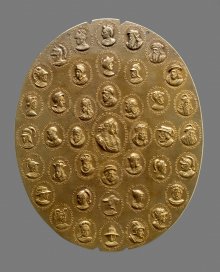
www.habsburger.net...
John Picus
Thomas Charnock
The Newcastle Magazine Vol. I. July, 1821.
books.google.co.uk... bHBkPLc&hl=en&sa=X&ved=0ahUKEwi5rdahmLTTAhXKLlAKHQ8bDL0Q6AEIJTAB#v=onepage&q=thomas%20charnock%20transmutation&f=false
Its a PDF
Stories of Alchemical Transmutation. By W.Fra.Greg Boag
www.google.co.uk... ebooks%2Falchemy%2FBoag_-_Stories_of_Alchemical_Transmutation.pdf&usg=AFQjCNE_hTmE_JgRceelD_1YUsOHWRnfZQ
Democritus
books.google.co.uk... yIb2zs&hl=en&sa=X&ved=0ahUKEwjzwtq9lbTTAhXPZFAKHTuSChEQ6AEIMDAE#v=onepage&q=Bolos-Democritus%20transmutation&f=false
Transmutation Theory and the Dating of the Alchemical Recipe
'On the Same Divine Water'
www.academia.edu...
Secret Teachings of All Ages
By Manly Palmer Hall
books.google.co.uk... Z73uiHA&hl=en&sa=X&ved=0ahUKEwi5rdahmLTTAhXKLlAKHQ8bDL0Q6AEIJzAC#v=onepage&q=thomas%20charnock%20transmutation&f=false
This is
Dr. John V. Milewski
www.rexresearch.com...
I included him for all the Ormus people
closely related stuff on the Phoenix
www.academia.edu...
maybe you have some stories of your own ?
please feel free to add them
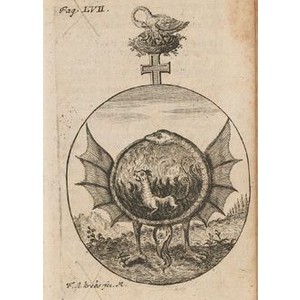
Though the bowl was already full, Cagliostro took it out of my hands, added some more plaster of Paris, and pressed it firmly with his hands. Then he gave it back to me to dry it over a charcoal fire.
The bowl was now placed in a bed of ashes over the wind furnace. The fire was lit and the bowl left over it for half an hour. It was then taken out with a pair of tongs and carried into the lodge. The bowl was there broken, and in the bottom lay a lump of silver weighing fourteen ounces and a half.
www.levity.com...
www.levity.com...
levity.com is a great resource for alchemical wonderings
A golden medallion from the reign of Leopold I has been preserved which is supposed to have been transmuted from silver into gold using a tincture – in the presence of the Emperor. Another commemorative medallion has an inscription indicating that it was transmuted from lead into silver. They were apparently the result of experiments in alchemy carried out by Johann Joachim Becher, imperial counsellor and one of the three major economists of the seventeenth century – all of whom were, significantly, also alchemists. Becher was even made a kind of advisor in alchemical matters to the imperial Court under Leopold I. Among other things, he tried to transmute sand into gold

www.habsburger.net...
John Picus
Thomas Charnock
The Newcastle Magazine Vol. I. July, 1821.
books.google.co.uk... bHBkPLc&hl=en&sa=X&ved=0ahUKEwi5rdahmLTTAhXKLlAKHQ8bDL0Q6AEIJTAB#v=onepage&q=thomas%20charnock%20transmutation&f=false
Its a PDF
Stories of Alchemical Transmutation. By W.Fra.Greg Boag
www.google.co.uk... ebooks%2Falchemy%2FBoag_-_Stories_of_Alchemical_Transmutation.pdf&usg=AFQjCNE_hTmE_JgRceelD_1YUsOHWRnfZQ
Democritus
books.google.co.uk... yIb2zs&hl=en&sa=X&ved=0ahUKEwjzwtq9lbTTAhXPZFAKHTuSChEQ6AEIMDAE#v=onepage&q=Bolos-Democritus%20transmutation&f=false
Transmutation Theory and the Dating of the Alchemical Recipe
'On the Same Divine Water'
Some scholars also traced the birth of alchemy back to Bolos of Mendes, who was formerly seen as the forerunner of Greek alchemical inquiry as well as a proponent of Greek philosophy and of the theory of the cosmic sympathy more specifically
Zosimus of Panopolis spoke of transmutation simply as a way to illustrate the paradox of the unity of matter.
It is possible, however, that he conceived of transmutation theoretically, but no explicit references to this concept survive in his writings
Modern reconstructions of the ancient general theory of transmutation usually correspond to one of the following options:
1.
A cosmic sympathy theory, obtained by focusing on mentions of and allusions to the intimate connection
between natural substances (most notably in the Physica et Mystica)
According to this theory, certain substances were thought to interact naturally with each other in surprising ways. Transmutation would have consisted in knowing which combination could bring the desired result.
2.
A maturation theory, assuming that alchemical writers were particularly influenced by the last part of the
Meterologica
book 3, which explained the creation of metals and non-fusible minerals inside the earth through the burning and condensing of dry and humid exhalations. According to the maturation theory, all metals were made of the same substance; differences between species of metals were due to the fact that different pockets of humid exhalations had reached different levels of maturation inside the earth
Still according to this reading, alchemical writers considered the purest metal, gold, to have been also the oldest and the most mature form of the same metallic substrate that constituted all other metals. Alchemists would have considered transmutation to be the process by which the alchemical apparatus, like the earth or like the womb, cooked base metals until they reached their mature state, i.e. gold.
3.
A form-transfer theory, based on Aristotles hylomorphic theory, which accounts for all observable substances and for their alteration by stating that all physical objects are composites of form and matter. Material change, in this theory, is the addition of form to matter or its subtraction thereof. Modern descriptions of the form-transfer theory focus on references to an hypostatic body and references to qualities
of gold, also called vapours
pneuma or soul, i.e. the form of gold that would have been injected into the hypostatic body an undifferentiated substrate so as to obtain gold.
www.academia.edu...
Secret Teachings of All Ages
By Manly Palmer Hall
books.google.co.uk... Z73uiHA&hl=en&sa=X&ved=0ahUKEwi5rdahmLTTAhXKLlAKHQ8bDL0Q6AEIJzAC#v=onepage&q=thomas%20charnock%20transmutation&f=false
This is
Dr. John V. Milewski
www.rexresearch.com...
I included him for all the Ormus people
closely related stuff on the Phoenix
" Phoenix having given its father sepulture on the Altar of the Sun , it was feared that the ashes would be distributed to them whereby a epoch would arise where the regeneration of the royal succession would become enfeebled. It is thus that the Greeks stigmatised the cruelty of Busiris in the well–known histories, owning that he immolated foreigners to Jupiter, whereas he was in reality king and philosopher in one, and well versed in such arcana, although it is true that he would not suffer foreigners to have access to his realms for certain and sufficient reason, and because the Egyptians were most certainly in no need of either their goods or merchandise "
“It could not be more certain that what the Egyptians understood by the bird Phœnix was the tincturing of gold, and that never, either at the time of Tacitus, before it, or after, with the exception of the time of Morienus"
www.academia.edu...
maybe you have some stories of your own ?
please feel free to add them

edit on 20-4-2017 by kibric because: boo
Here's something for me that I been interested in for years. I discovered it in a book called "Devils, Demons, Death and Damnation" Here is the
book. One illustration came to my attention because it used
the term "Metallica". ( The Band) Which I thought to be odd.
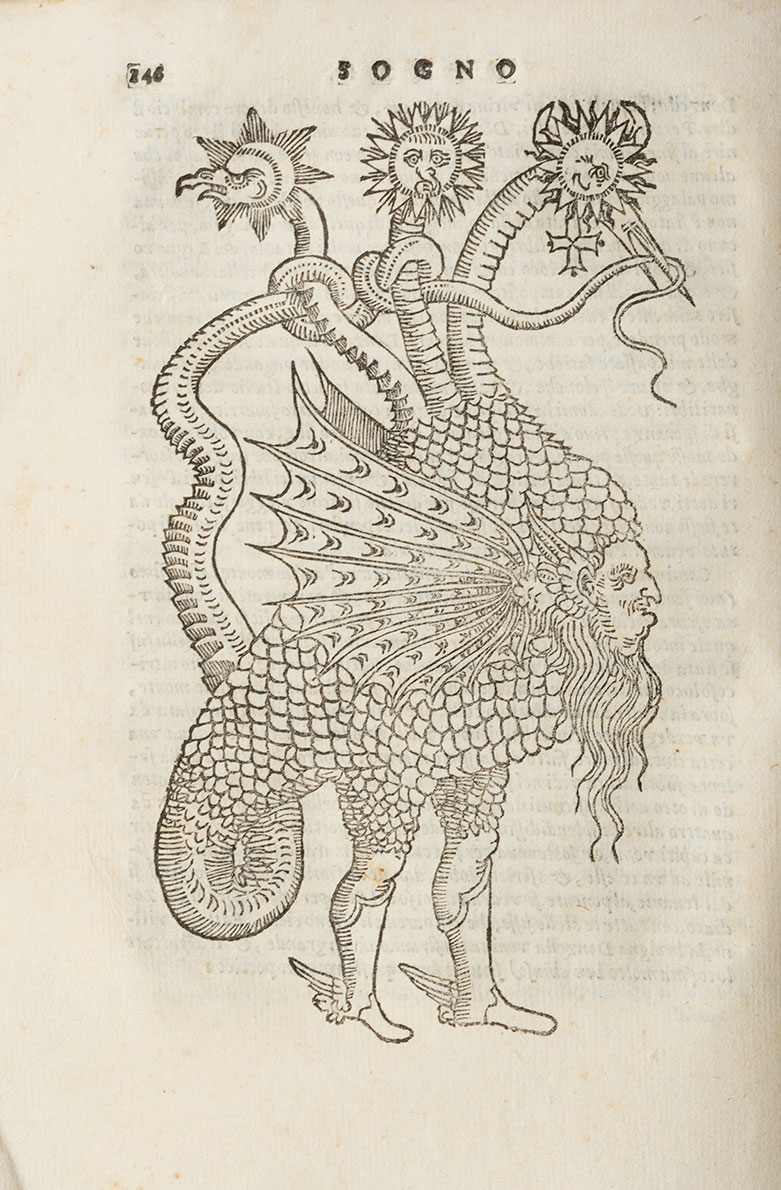
So recently I found this page. It seems it's a full story, musical or a rite? It is listed as medical.
It's written in Italian and I don't get the jist of it, but it's very interesting indeed. There is a pdf for the whole thing here
Pages 59&60 has a list of names, one that sticks out is Plato. Whatever this is it sure is spooky stuff.
Somehow I believe this is related to your post and should be looked into by you. let me know.

So recently I found this page. It seems it's a full story, musical or a rite? It is listed as medical.
It's written in Italian and I don't get the jist of it, but it's very interesting indeed. There is a pdf for the whole thing here
Pages 59&60 has a list of names, one that sticks out is Plato. Whatever this is it sure is spooky stuff.
Somehow I believe this is related to your post and should be looked into by you. let me know.
edit on 4 20 2017 by Naturallywired because: (no
reason given)
a reply to: Naturallywired
its the Hermaphrodite or Old Dragon
displayed at the bottom of my post
The Hermaphrodite or Old Dragon an allegory
for a stage in the development of the Philosophers Stone
it is
its an alchemical manuscript
its the Hermaphrodite or Old Dragon
displayed at the bottom of my post
The Hermaphrodite or Old Dragon an allegory
for a stage in the development of the Philosophers Stone
Somehow I believe this is related to your post
it is
its an alchemical manuscript
Three metal dreams of metal transmutation
In the first of which it is the false sophistication of change, in the second of the practical use of the actual routine, in the third of divine transmutation called the true philosophical one: recollect the philosophers' concordance, and their prattica ...: with a copious index for each Dreams of the authors, and of the work are above this
Nazari, Giovanni Battista [16.Jht]; Marchetti.
In Brescia: Peter Pietro Maria Marchetti, MDXCIX [1599]
edit on 20-4-2017 by kibric because: boo
Ok so can you give me the story in laymans terms? Some of your links are not working, btw.
originally posted by: kibric
a reply to: Naturallywired
its the Hermaphrodite or Old Dragon
displayed at the bottom of my post
The Hermaphrodite or Old Dragon an allegory
for a stage in the development of the Philosophers Stone
Somehow I believe this is related to your post
it is
its an alchemical manuscript
Three metal dreams of metal transmutation
translate.google.co.uk...://www.e-rara.ch/search%3Foperation%3DsearchRetrieve%26query%3D(vl.printer-publisher%253D%2 522appresso%2520Pietro%2520Maria%2520Marchetti%2522)%2520and%2520vl.domain%253Derara%2520sortBy%2520dc.title%252Fasc&prev=search
I am mostly interested in pages 70 & 71 of the pdf. Do you know any of these symbols or their meaning?
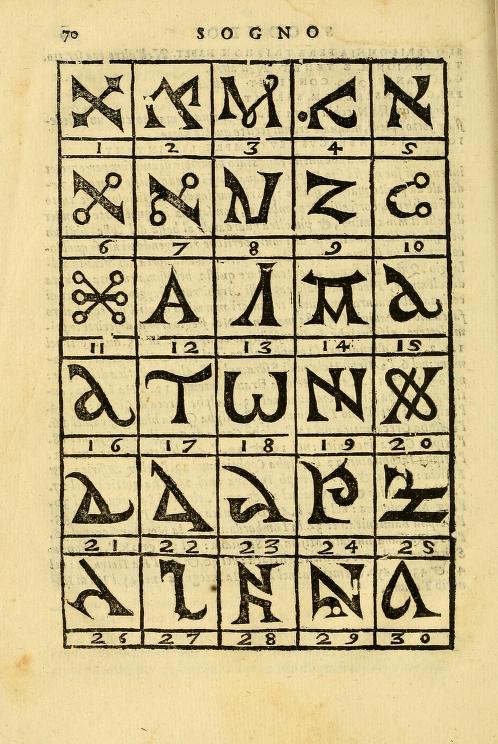
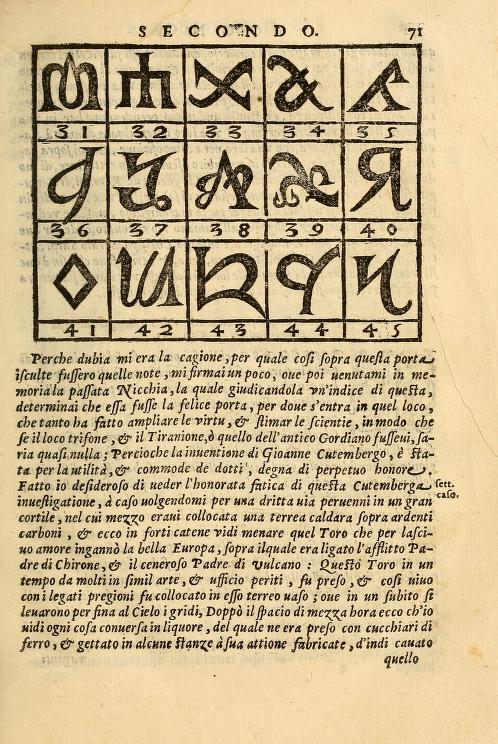
And also some info on this chart.
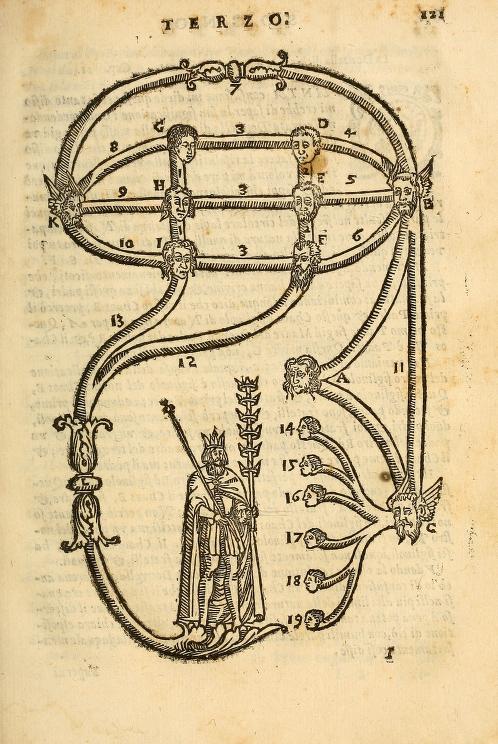
edit on 4 20 2017 by Naturallywired because: (no reason given)
a reply to: Naturallywired
The chart is using the numbered symbols to reference substances
The symbols


there's more in the link below
www.levity.com...
there's a variety for each substance
18 is Calx
etc
certain symbols might appear in other sources
not all alchemical symbols are contained in the above link
The chart and symbols are a method and description
a map
for an alchemical operation
a recipe if you like
the King at the bottom is the perfection of the work
the 6 crowns on his stick symbolize 6 purifications his has to go through
the names on 59&60 are alchemists philosophers famous men
Satirus is Marsyas
Democritus mentioned in the main OP
Albertus is Albertus Magnus
Here's another example of the Hermaphrodite or Old Dragon
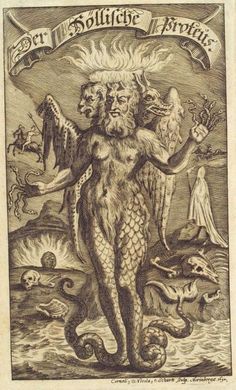
The chart is using the numbered symbols to reference substances
The symbols


there's more in the link below
www.levity.com...
there's a variety for each substance
18 is Calx
etc
certain symbols might appear in other sources
not all alchemical symbols are contained in the above link
The chart and symbols are a method and description
a map
for an alchemical operation
a recipe if you like
the King at the bottom is the perfection of the work
the 6 crowns on his stick symbolize 6 purifications his has to go through
the names on 59&60 are alchemists philosophers famous men
Satirus is Marsyas
Democritus mentioned in the main OP
Albertus is Albertus Magnus
Here's another example of the Hermaphrodite or Old Dragon

edit on 20-4-2017 by kibric because: boo
originally posted by: kibric
Some stories on Transmutation
The Philosopher's Stone is (metaphor for) unconditional Love, this Enlightened transcendental state of being that 'transmutes' the 'dross' of the egoic/conditional (limited) 'self', into the 'gold' of the transcendental unconditional Universal Self!
Transmutation... there is no greater than transmutation than of oneself. When everyone is a lump of clay out of the potters ground to be pounded and
shaped on the wheel of life. One can grow like the fire of the kiln in heat and passion... they are the clay pot with all of the various substances in
the three worlds mixed together, of body speech and mind. The passion is seen as the gold of life and well that passion can be many many things and it
varies but like any old "cup" of life it is not what goes into it, it is what comes out of it... transmuting all of that like burning and scooping out
the slag, in refinement and grace distilling and filling over and over eventually one's head full of lead drip by drip drop by drop enters into the
scared channel and fills the heart full from the sacred drop already present... then of course sharing that passion and knowledge? The second part the
riches everyone scrambles for like the midas touch, everyone trying and attempting to capture the goose that lay the golden egg and run up some vine
and grind any and all of those that follow... the trickle down the drip drip drop the same as getting there.
The third? Everyone looking up when they should be looking down... the richness is always right there and all that glitters or sparkles in one's eye is the true wealth as a smile can light up the darkest day or darkest hour more than an entire chamber of jewels. The blind will never see such a thing but only what they want or desire to see; and when hasn't the heart been deceived by the eye and mind... without coming together in that mystical union that was never really separate?
The third? Everyone looking up when they should be looking down... the richness is always right there and all that glitters or sparkles in one's eye is the true wealth as a smile can light up the darkest day or darkest hour more than an entire chamber of jewels. The blind will never see such a thing but only what they want or desire to see; and when hasn't the heart been deceived by the eye and mind... without coming together in that mystical union that was never really separate?
originally posted by: kibric
a reply to: namelesss
with all due respect
I don't agree
it is not a metaphor
but I welcome your insight
thanks
If you truly 'welcomed my insight', it seems to me that you'd ask questions in an honest attempt to understand what I offer.
THEN dismiss it, if necessary, from Knowledge! (But it rarely works like that.)
Agree or not, I, at least, got evidence.
What is your evidence that a literal translation produces anything more than (conditional) intellectual masturbation?
I didn't say my Perspective is the ONLY Perspective, so your defensive dismissal seems a bit premature.
It was offered, actually, from experience/Knowledge, not something that I read about 'it'.
And you did ask.
Suture self. *__-
a reply to: namelesss
I just don't agree out of experience
its not defensive
I think you have a valid view point
but from my experience/knowledge the Philosophers stone is physical
from yours its not
thank you for sharing you experience/knowledge
I didn't say my Perspective is the ONLY Perspective, so your defensive dismissal seems a bit premature
I just don't agree out of experience
its not defensive
I think you have a valid view point
but from my experience/knowledge the Philosophers stone is physical
from yours its not
thank you for sharing you experience/knowledge
edit on 22-4-2017 by kibric because: boo
Not defensive?
originally posted by: kibric
a reply to: namelesss
I didn't say my Perspective is the ONLY Perspective, so your defensive dismissal seems a bit premature
I just don't agree out of experience
its not defensive
I think you have a valid view point
but from my experience/knowledge the Philosophers stone is physical
from yours its not
thank you for sharing you experience/knowledge
You seem to be tripping all over yourself trying to avoid a discussion, an examination of Perspectives.
That is usually indicative of a 'belief' defending itself.
I would LOVE to hear your 'experience' of a physical philosopher's stone and it transmutative powers.
Perhaps you have a chip off the old block that you can send me to evaluate?
You intrigue me with your claim of actual experience with the physical stone.
Please, do share?
edit on 22-4-2017 by namelesss because: (no reason given)
a reply to: namelesss
do you usually assume so much when someone disagrees politely with you ?
I've just been courteous
I haven't avoided anything
examine away
I simply said I don't agree that its metaphor
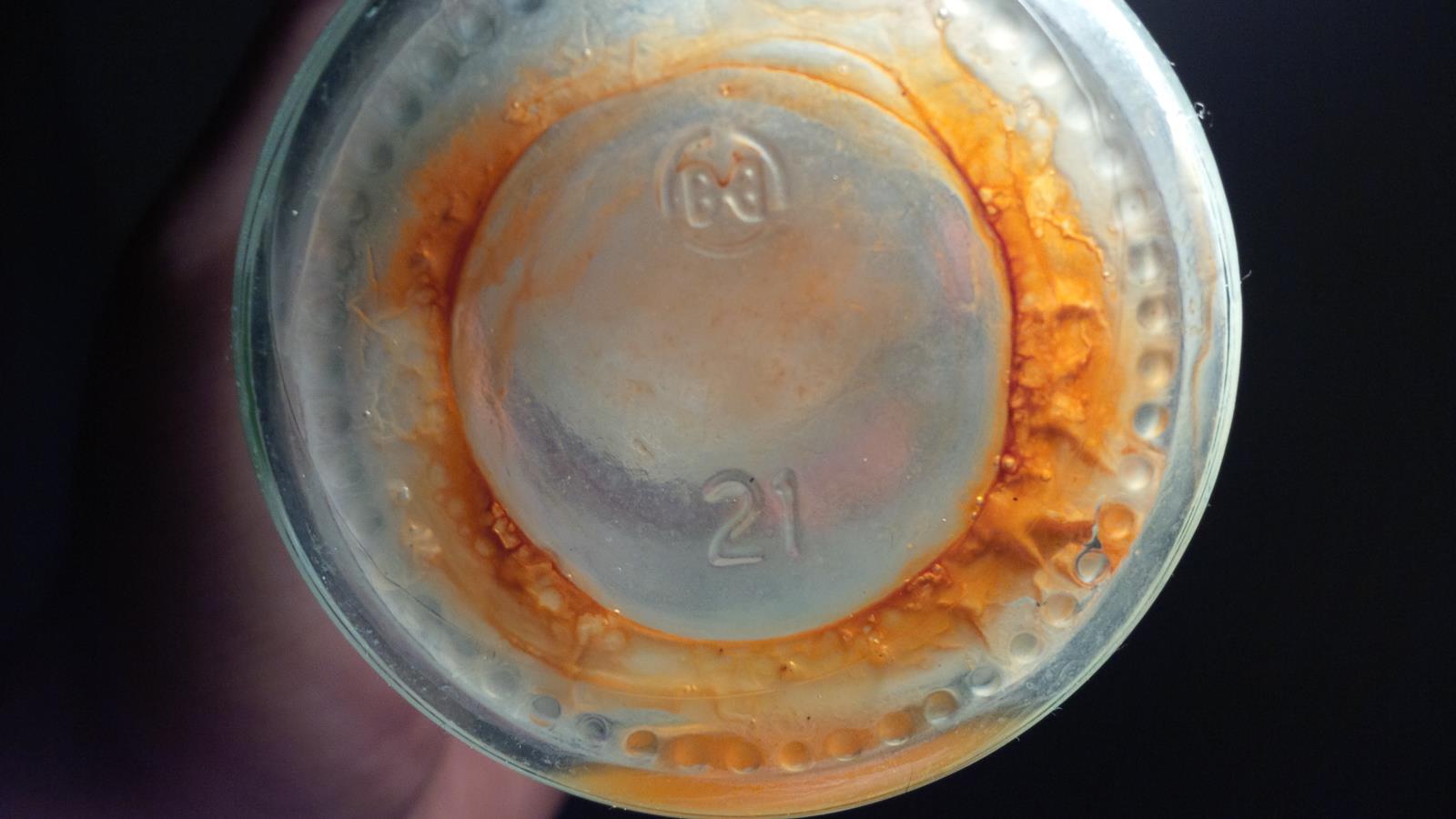


You seem to be tripping all over yourself trying to avoid a discussion, an examination of Perspectives
do you usually assume so much when someone disagrees politely with you ?
I've just been courteous
I haven't avoided anything
examine away
I simply said I don't agree that its metaphor
You intrigue me with your claim of actual experience with the physical stone.



edit on 22-4-2017 by kibric because: boo
originally posted by: kibric
a reply to: namelesss
examine away
I simply said I don't agree that its metaphor
When I claimed experience/Knowledge of the metaphor, you claimed personal experience of a literal 'Philosopher's Stone', and proclaimed my experience/Knowledge 'incorrect'.
It is common, among arcane tomes and recipes to put in ringers, or leave things out (that any well trained/experienced practitioner would find and correct...).
One could say that offering a possible 'literal translation' is the most primary of weeding out devices in arcane lore.
You intrigue me with your claim of actual experience with the physical stone.



Seriously?
Oh no, no, no, no!
I did not ask of your experience/Knowledge of internet pictures and medieval drawings.
That is experience/Knowledge of 'internet pictures' and 'medieval drawings', not experience/Knowledge of a literal existence (beyond internet pictures and medieval drawings) Philosopher's Stone.
"Nothing is easier than self-deceit. For what each man wishes, that he also believes to be true." - Demosthenes
a reply to: namelesss
is not proclaiming anything
I politely disagreed
I even said
heres a quote from Fulcanelli that's similar vein
the top one is literally My Stone
in existence on my shelf
it took practical experience/Knowledge to make it
and proclaimed my experience/Knowledge 'incorrect'.
I just don't agree out of experience
is not proclaiming anything
I politely disagreed
I even said
I think you have a valid view point
heres a quote from Fulcanelli that's similar vein
Fulcanelli said to Bergier "The secret of alchemy is this: there is a way of manipulating matter and energy so as to produce what modern scientists call 'a field of force'. This field acts on the observer and put him in a privileged position vis-a-vis the Universe. From this position, he has an access to the realities which are ordinarily hidden from us by time and space, matter and energy. This is what we call 'The Great Work'."
I did not ask of your experience/Knowledge of internet pictures and medieval drawings.
experience/Knowledge of a literal existence (beyond internet pictures and medieval drawings) Philosopher's Stone
the top one is literally My Stone
in existence on my shelf
it took practical experience/Knowledge to make it
edit on 24-4-2017 by kibric because: boo
originally posted by: kibric
a reply to: namelesss
I just don't agree out of experience
is not proclaiming anything
I politely disagreed
I think that your fetish for 'politeness' has affected your intellectual honesty.
If your 'experience' causes you to disagree, you are saying that I am incorrect, as verified by your experience.
I even said
I think you have a valid view point
Despite your experience? Really?
"The secret of alchemy is this: there is a way of manipulating matter and energy...
Scientific/philosophical nonsense. All egoic vanity, make-believe.
Delusion, if you 'believe' it.
the top one is literally My Stone
in existence on my shelf
it took practical experience/Knowledge to make it
So you are telling me that you are in possession of a 'Philosopher's Stone', sitting on your shelf, that has the power to turn dross into gold? Literally?
Shall I assume your demonstrable wealth, and that you can take your stone and demonstrate it's magical powers to sane, lucid, not 'belief infested, folks?
Since there has never been such a thing demonstrated, it seems that you are in possession of something that will rock the world when known/experienced.
What are you waiting for? *__-
a reply to: namelesss
There is much discussion about the Art being a more literal process or a philosophical one.Couldn't it be both?
Alchemy isn't one of my strengths, though the information I've come across seems to suggest that success forming different stones serves as a reflection of the aspirants progress along the Great Work.
There is much discussion about the Art being a more literal process or a philosophical one.Couldn't it be both?
Alchemy isn't one of my strengths, though the information I've come across seems to suggest that success forming different stones serves as a reflection of the aspirants progress along the Great Work.
a reply to: namelesss
Hanging out at cremation grounds taking jewelry off the dead or placing fakes that people are supposed to be buried in or are lifted off of them after the funeral is one way to get gold out of "dross" or cast offs...
Horrible and deplorable of course... but that has not ever stopped the practice from occurring, grave/tomb robbers go back to antiquity.
Hanging out at cremation grounds taking jewelry off the dead or placing fakes that people are supposed to be buried in or are lifted off of them after the funeral is one way to get gold out of "dross" or cast offs...
Horrible and deplorable of course... but that has not ever stopped the practice from occurring, grave/tomb robbers go back to antiquity.
originally posted by: dffrntkndfnml
a reply to: namelesss
There is much discussion about the Art being a more literal process or a philosophical one.Couldn't it be both?
You have thrown in a third variable, now, 'philosophical'.
I have too much experience to accept a 'literal' translation.
As I said earlier, it was common to 'alter' arcane writings, from a magician's formulary/book of practice passed on to his disciples, to the bible and other scriptures to about any arcane writings, there are inherent pitfalls for those unsuited for the path.
Not to say that an honest and sincere practitioner, of any 'path' won't, eventually, find 'fruit', even if he has to leave all behind (required!).
I guess using the term 'philosophy' as in 'rules of the game', alchemy has it's 'philosophy'.
But philosophically examined, critically, scientifically, experientially,... 'alchemy' will not produce the literal claimed results.
Never has.
Alchemy isn't one of my strengths, though the information I've come across seems to suggest that success forming different stones serves as a reflection of the aspirants progress along the Great Work.
Do I misremember;
The Philosopher's Stone has the 'magical' ability to turn that which is not 'gold', into 'gold'.
Midas-like.
That is the literal definition as far as I recall.
Rationally, it is meaningless unless it is seen as metaphor, and THEN the fruits begin to flow!
Our egoic nature, our ignorance, our 'carnal' nature, our 'sinful nature', our corrupt nature, our greedy selfish nature... our 'conditional' nature'... all this is the 'dross'.
Enlightenment, the transcendental state of unconditional Love, Our Universal Self!
This is the 'Gold'!
The 'unworthy' greedy and selfish are easily weeded out through the literal translation.
Lots of time to learn about the Self, though, even in the attempt!
All Knowledge is on a 'need to know' basis, we all Know/experience what we need to Know/experience! *__-
Statistically, can 'alchemy' produce as promised, literally, physically, materially?
The 'physical/material' is an illusion of magnification/Perspective.
And Reality/Truth, the Universe is unchanging, motionless, and 'alchemy' is a 'process', which is, ultimately, not possible in a 'static' Universe.
So, I'd answer your question with a resoundingly tentative, I don't think so.
'Literal' interpretations are like the safe, closed off corner of the house we dump the toddlers so the grown-ups can talk.
Or the plastic steering wheel on the child's car seat might even be a better metaphor... *__-
edit on 25-4-2017 by namelesss because: (no reason given)
originally posted by: BigBrotherDarkness
a reply to: namelesss
Hanging out at cremation grounds taking jewelry off the dead or placing fakes that people are supposed to be buried in or are lifted off of them after the funeral is one way to get gold out of "dross" or cast offs...
Horrible and deplorable of course... but that has not ever stopped the practice from occurring, grave/tomb robbers go back to antiquity.
The (alleged) 'Philosopher's Stone' is able to 'touch' (or perhaps with a magical incantation, or some such...) something with it and the object touched turns into gold.
That is the literal view.
Liked your creative spin, though! *__-
new topics
-
Putin will warn civilians in targeted areas
World War Three: 46 minutes ago -
The Popular Vote does not matter
US Political Madness: 2 hours ago -
Gaetz withdraws from attorney general consideration
US Political Madness: 5 hours ago -
Bridgewater Triangle
General Chit Chat: 5 hours ago -
Is Russia Using a New Type of Beam Weapon Against Ukraine?
Weaponry: 6 hours ago -
Here is why Western leaders in NATO have zero fear of nuclear warfare. At all. Zero.
World War Three: 8 hours ago -
International Criminal Court Issues Arrest Warrant For Netanyahu
Breaking Alternative News: 8 hours ago -
racist rant, but she made the arguement to get rid of DEI
US Political Madness: 10 hours ago -
Well we know Putins ICBMs won't fail in their silos
World War Three: 10 hours ago
top topics
-
Well we know Putins ICBMs won't fail in their silos
World War Three: 10 hours ago, 13 flags -
racist rant, but she made the arguement to get rid of DEI
US Political Madness: 10 hours ago, 10 flags -
Is Russia Using a New Type of Beam Weapon Against Ukraine?
Weaponry: 6 hours ago, 9 flags -
International Criminal Court Issues Arrest Warrant For Netanyahu
Breaking Alternative News: 8 hours ago, 9 flags -
Gaetz withdraws from attorney general consideration
US Political Madness: 5 hours ago, 8 flags -
Bridgewater Triangle
General Chit Chat: 5 hours ago, 6 flags -
Here is why Western leaders in NATO have zero fear of nuclear warfare. At all. Zero.
World War Three: 8 hours ago, 5 flags -
Why isn't Psychiatry involved?
Social Issues and Civil Unrest: 16 hours ago, 4 flags -
The Popular Vote does not matter
US Political Madness: 2 hours ago, 3 flags -
Putin will warn civilians in targeted areas
World War Three: 46 minutes ago, 3 flags
active topics
-
Gaetz withdraws from attorney general consideration
US Political Madness • 15 • : Dandandat3 -
Putin will warn civilians in targeted areas
World War Three • 2 • : bluemooone44 -
Post A Funny (T&C Friendly) Pic Part IV: The LOL awakens!
General Chit Chat • 7808 • : bluemooone44 -
Is Russia Using a New Type of Beam Weapon Against Ukraine?
Weaponry • 14 • : Zaphod58 -
The Popular Vote does not matter
US Political Madness • 6 • : AdultMaleHumanUK -
Well we know Putins ICBMs won't fail in their silos
World War Three • 115 • : KrustyKrab -
Gaetz ethics investigation results "hacked".
US Political Madness • 37 • : Owlwatcher -
International Criminal Court Issues Arrest Warrant For Netanyahu
Breaking Alternative News • 35 • : JJproductions -
Help in song interpretation
Music • 10 • : tarantulabite1 -
Russia Ukraine Update Thread - part 3
World War Three • 6861 • : Oldcarpy2
